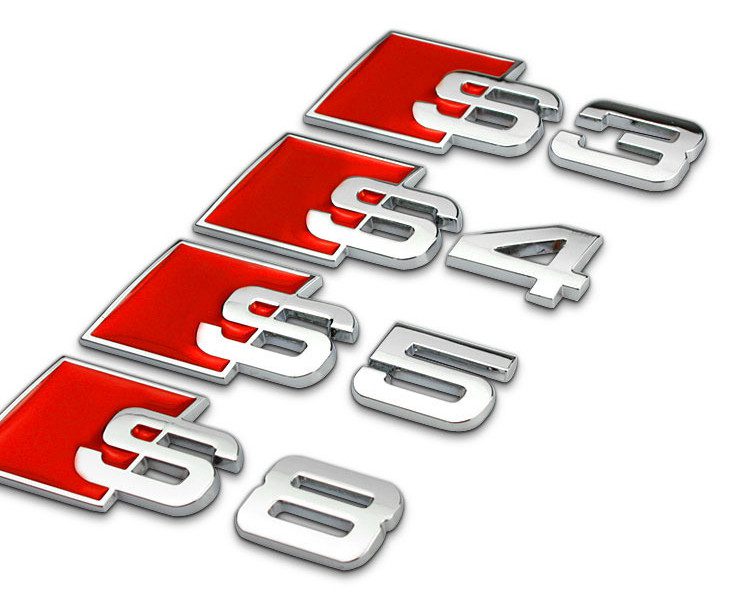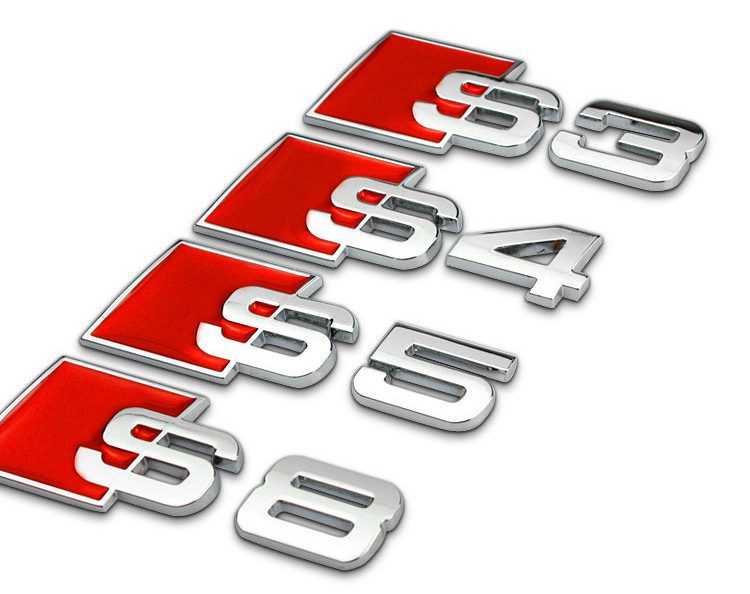
 With the recent introduction of the Genesis brand Hyundai also outlined how the existing models would be renamed under the new brand: the Genesis large sedan would become the G80, while the Equus luxury limousine would become the G90. This development is yet another manifestation of a recent trend in the car industry, especially strong among luxury brands: giving your models numerical names.
With the recent introduction of the Genesis brand Hyundai also outlined how the existing models would be renamed under the new brand: the Genesis large sedan would become the G80, while the Equus luxury limousine would become the G90. This development is yet another manifestation of a recent trend in the car industry, especially strong among luxury brands: giving your models numerical names.
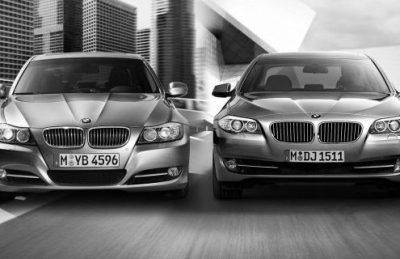 On one hand you could argue for luxury brands it is about everyone wanting to be like BMW, arguably the original brand to give its models numerical names such as 3-series, 5-series and 7-series. BMW’s naming convention was probably on their minds when the other two German brands renamed their models in the 1990s, when Audi turned the 80, 100 and V8 into the A4, A6 and A8, while Mercedes turned the 190E into the C-class, to sit below the newly named E-class and S-class (I know it’s not actually numerical, but it’s similarly organized). Soon afterwards Volvo simplified its naming policy to S40, S60, V70, S80, while more recently Infiniti adopted the Q30, Q50, Q70 etc. nomenclature for its mainstream models and QX30, QX50 etc. for its crossovers.
On one hand you could argue for luxury brands it is about everyone wanting to be like BMW, arguably the original brand to give its models numerical names such as 3-series, 5-series and 7-series. BMW’s naming convention was probably on their minds when the other two German brands renamed their models in the 1990s, when Audi turned the 80, 100 and V8 into the A4, A6 and A8, while Mercedes turned the 190E into the C-class, to sit below the newly named E-class and S-class (I know it’s not actually numerical, but it’s similarly organized). Soon afterwards Volvo simplified its naming policy to S40, S60, V70, S80, while more recently Infiniti adopted the Q30, Q50, Q70 etc. nomenclature for its mainstream models and QX30, QX50 etc. for its crossovers.
On the other hand, it cannot just be about imitating BMW, but rather in some way carmakers think that consumers benefit from a more organized nomenclature, helping them think about how the models relate to one another. What’s more, I think that that carmakers think naming their models similarly affords their range the same positive boost they get from giving them a unified, family design. Clearly Citroen was not aiming at BMW when it renamed the Saxo, Xsara and Xantia as the C3, C4 and C5, or Mazda when it started giving its mainstream models simple names like Mazda2, Mazda3 or Mazda6.
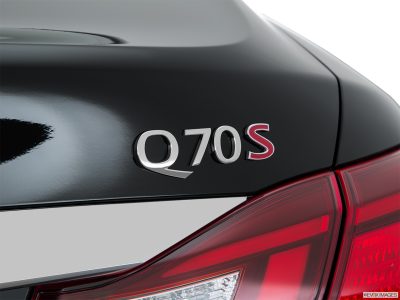 However, it’s not just the naming convention that’s interesting, it’s also the naming inflation you realize when you look at how models’ names compare across brands. Look at the the 5-series, for example – while the old-established Mercedes-Benz called its competitor the E-class (E is the 5th letter of the alphabet), the relative newcomer Audi called it’s model the A6, no doubt thinking it would suggest higher quality or a better car. So how did Infiniti calibrate its nomenclature when it changed it? The 5-series/E-class/A6 competitor, originally the M, became the Q70. This naming inflation not not seem to be ending, either, with the comparable Hyundai Genesis becoming the G80, Citroen flirting with the DS9, while Volvo will change the name of its large segment entrant from S80 to S90.
However, it’s not just the naming convention that’s interesting, it’s also the naming inflation you realize when you look at how models’ names compare across brands. Look at the the 5-series, for example – while the old-established Mercedes-Benz called its competitor the E-class (E is the 5th letter of the alphabet), the relative newcomer Audi called it’s model the A6, no doubt thinking it would suggest higher quality or a better car. So how did Infiniti calibrate its nomenclature when it changed it? The 5-series/E-class/A6 competitor, originally the M, became the Q70. This naming inflation not not seem to be ending, either, with the comparable Hyundai Genesis becoming the G80, Citroen flirting with the DS9, while Volvo will change the name of its large segment entrant from S80 to S90.
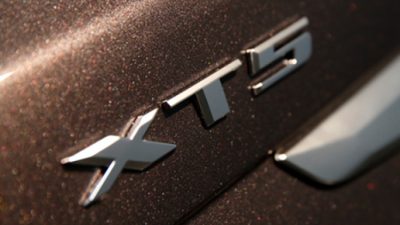 So, what does the future bring? For one, more and more brands will like switch adopt a numerical nomenclature. Hyundai has already done this in Europe (i30, i40, ix45) and Kia in Asia (K3, K4, K6), and I expect other brands may follow, especially carmakers who are growing their model lines (Chinese manufacturers, Suzuki, Maserati) or those whose names have traditionally changed between different model generations (Fiat). Cadillac for one seems to be on their way, replacing the STS with the CT6 and the SRX with XT5, while Jaguar partially went there with the XE, XF and XJ sedans. It’ll be curious if Japanese luxury brands such as Acura and Lexus seek to jump on the bandwagon too.
So, what does the future bring? For one, more and more brands will like switch adopt a numerical nomenclature. Hyundai has already done this in Europe (i30, i40, ix45) and Kia in Asia (K3, K4, K6), and I expect other brands may follow, especially carmakers who are growing their model lines (Chinese manufacturers, Suzuki, Maserati) or those whose names have traditionally changed between different model generations (Fiat). Cadillac for one seems to be on their way, replacing the STS with the CT6 and the SRX with XT5, while Jaguar partially went there with the XE, XF and XJ sedans. It’ll be curious if Japanese luxury brands such as Acura and Lexus seek to jump on the bandwagon too.
Let us know what you think in the comments below!

